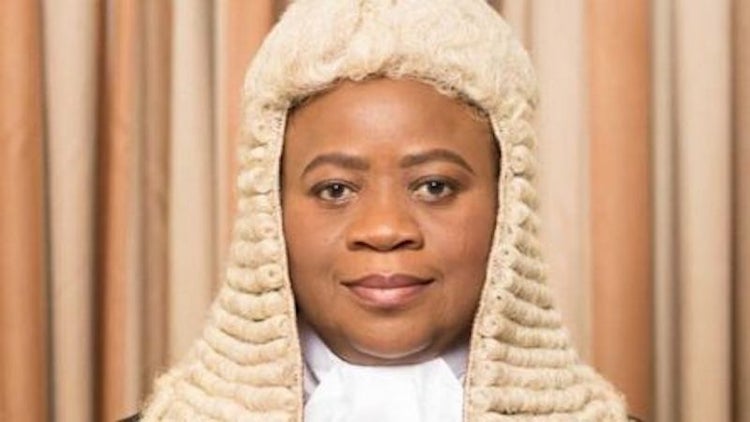Why elections still have disputes in Nigeria— PCA
The President of the Court of Appeal (PCA), Justice Monica Dongban-Mensem, has identified some hitches and shortcomings as the reason for continuing disputes in Nigeria’s electoral process. Justice Dongban-Mensem said the need to correct the problems in the electoral process gave birth to the election tribunal which has been adequately provided for in the Nigerian […]

Justice Monica Dongban-Mensem
The President of the Court of Appeal (PCA), Justice Monica Dongban-Mensem, has identified some hitches and shortcomings as the reason for continuing disputes in Nigeria’s electoral process.
Justice Dongban-Mensem said the need to correct the problems in the electoral process gave birth to the election tribunal which has been adequately provided for in the Nigerian Constitution of 1999 (as amended) and the Electoral Act, 2022 (as amended).
Speaking at the opening of a two-day capacity building workshop for the secretariat of the election tribunal yesterday in Abuja, she explained that the tribunals were established to determine disputes arising from the conduct of elections into the various elective positions.
While commending the registrars for being worthy to be chosen for the assignment, she said, “The Court of Appeal being the penultimate court is empowered to establish such tribunals and have the registries opened at least seven days before the election. The registry is saddled with the administrative responsibilities of the tribunal and is headed by a secretary who is the principal administrative staff.
Ekiti military veterans ask Buhari to intervene over unpaid pensions
High turnout as Abuja schools resume
“The registry is a very important organ of an election petition tribunal and its administrative duties include the receipt of the petition and other court processes for filing, service of court processes timeously on parties, issuance of hearing notices, preparation of court proceedings and orders, custody and safekeeping of the tribunals’ documents, compilation of records among various other duties and responsibilities.”
